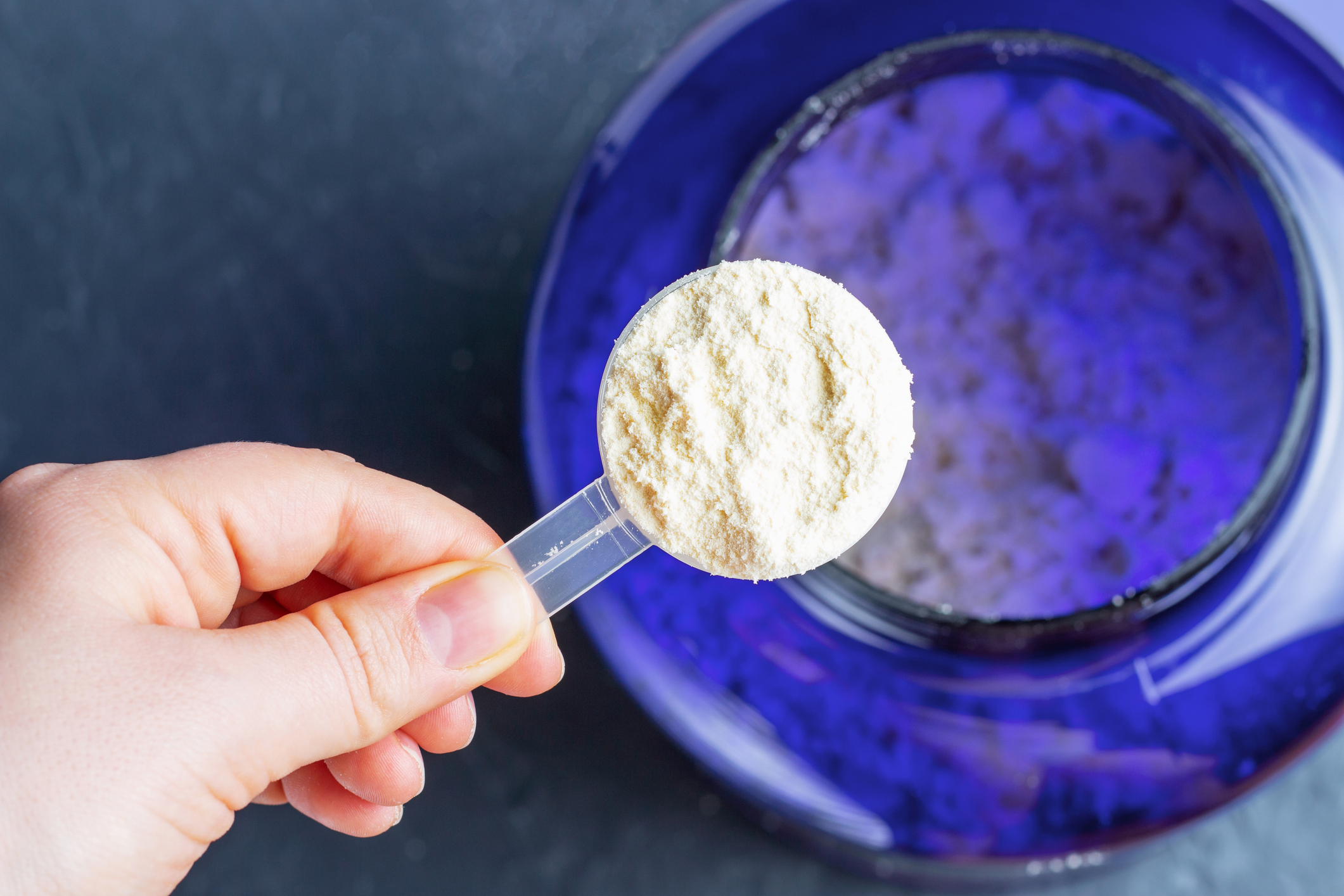Get Easy Health Digest™ in your inbox and don’t miss a thing when you subscribe today. Plus, get the free bonus report, Mother Nature’s Tips, Tricks and Remedies for Cholesterol, Blood Pressure & Blood Sugar as my way of saying welcome to the community!
The popular diet recommendation that could land you on dialysis

Hands down, one of the most popular diet trends over the past two decades can be summed up in one word…
Protein!
Yup, at this point after all of the news reports, articles, social media posts, celebrity endorsements and more, a person would have to be living under a rock not to have heard the advice that if you want to look and feel better you have to cut your carbs and up your protein intake.
But, is that good advice for everyone?
Or, could that blanket approach to better health be causing even more problems than it prevents for some of us?
A new paper by kidney experts based on two separate scientific studies has the frightening answer…
Saving calories while risking kidney health
A study performed in the Netherlands found that there is a direct, linear association between daily protein intake and a decline in kidney function. In other words, the higher the protein intake, the faster the decline in kidney function.
And, guess what…
A second study conducted by a team of researchers in South Korea confirmed those results!
They found that people with the highest protein intake had 1.3 times higher risk of faster glomerular filtration rate (GFR) loss. If you haven’t heard the term before, GFR refers to how fast your kidneys can filter out the toxins in your body and is used both to measure kidney function and determine what stage of kidney disease you might be in.
Unfortunately, these findings aren’t all that surprising either…
Many past studies have shown that a high-protein diet may harm kidney function, which is why patients who have early-stage chronic kidney disease are generally put on a low-protein diet by kidney specialists.
But, an entire group of people who are at risk for poor kidney health have not only been ignored when it comes to these low-protein recommendation regimens but are actually more likely to be told to go high protein — a recommendation that could land them in dialysis…
Obesity and diabetes
According to the kidney experts who authored the new paper based on the Dutch and South Korean studies, people who suffer from either diabetes or obesity are often put on a high-protein diet as a way to save calories, slim down, and lower their blood sugar.
However, this risks the health of their kidneys since both obesity and diabetes come with an increased chance of pre-existing low-grade chronic kidney disease.
In fact, they say that at least 30 percent of people with type-2 diabetes suffer from an underlying kidney disease. That’s 30 percent of people who could end up with rapidly deteriorating kidney health, taking the fast lane to kidney failure, if they go on a high-protein diet recommended by their doctor.
“To put it in a nutshell: To recommend a high-protein diet to an overweight diabetes patient may indeed result in loss of weight, but also in a severe loss of kidney function. We want one, but we also get the other,” says Professor Denis Fouque, past chair of the European Renal Nutrition Working Group.
“By advising people — especially those with a high risk for chronic kidney disease, namely patients with diabetes, obese people, people with a solitary kidney and probably even elderly people — to eat a protein-rich diet, we are ringing the death bell for their kidney health and bringing them a big step closer to needing renal replacement therapy”, he concludes.
So, before you try a high-protein diet in a bid to get healthy and lose weight, you need to think again, especially if you have diabetes.
Talk to your doctor about your risks and have your kidney function checked out. Only when you know that your kidneys can handle the rigors of a high-protein diet should you consider making the change.
And, don’t forget…
Despite the wave of media attention, a high-protein diet is definitely not the only way to lose weight and feel better. Other good options include going keto, embracing the Mediterranean diet, or simply decreasing your calorie intake while upping your physical activity.
Editor’s note: Are you feeling unusually tired? You may think this is normal aging, but the problem could be your master hormone. When it’s not working, your risk of age-related diseases skyrockets. To reset what many call “the trigger for all disease” and live better, longer, click here to discover The Insulin Factor: How to Repair Your Body’s Master Controller and Conquer Chronic Disease!
Sources:
- High-protein diets may harm your kidneys — EurekAlert!
- Estimated Glomerular Filtration Rate (eGFR) — National Kidney Foundation














